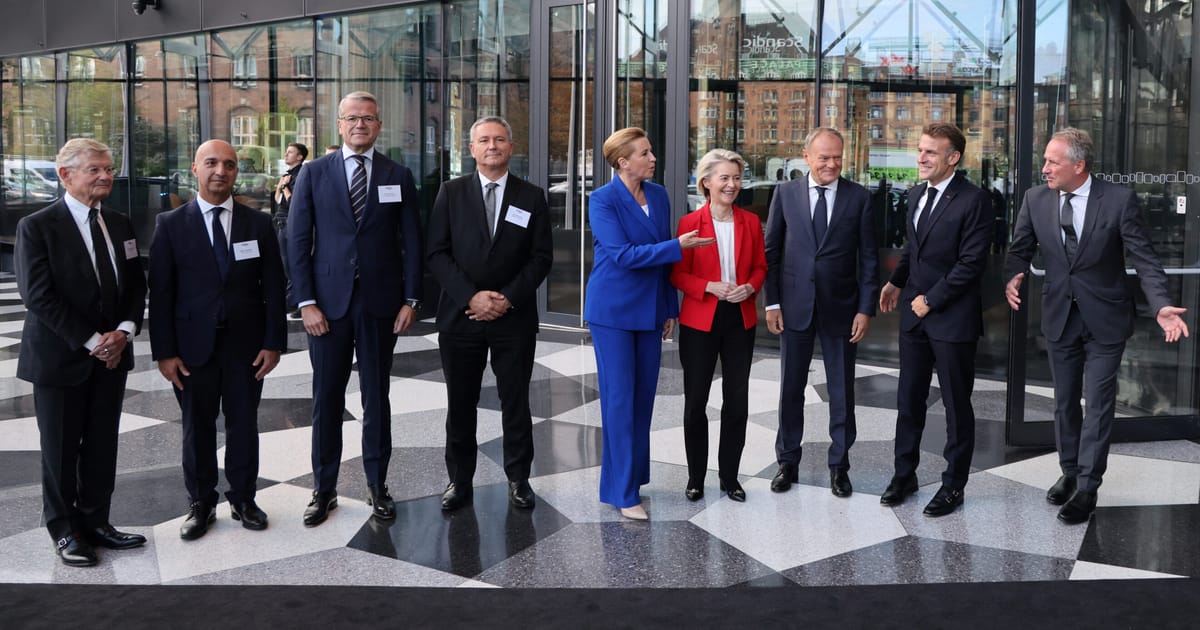What’s more, it is not clear that any of those plans will be ready to be signed off when the 27 leaders next meet in Brussels at the end of October. Questions still hang over each of the policies and there was insufficient time to work through them, said the three diplomats and officials.
European Council President António Costa, who chaired the meeting, said that the session had been urgently needed “to prepare decisions for the security of our continent” and that leaders needed be ready to agree them in just three weeks.
Officials immediately played down the chances of the summit ever leading to concrete results. “There was never an expectation there would be a decision on these things overnight — they are complex issues that touch on national sovereignty,” said a fourth official briefed on the leaders’ discussions.
‘They are testing us’
However, the indecision stood in stark contrast to the threat. Even as leaders debated the issue, Germany — whose chancellor, Friedrich Merz, lambasted the drone wall in the room — was forced to confirm that drone sightings had been reported over its own critical infrastructure.
A second part on the agenda focusing on support for Ukraine was delayed and squeezed into just one final hour.
Costa was due to present much-vaunted plans, first reported by POLITICO, to streamline EU rules to speed up Kyiv’s accession process and circumvent Hungarian Prime Minister’s Viktor Orbán’s veto. The push barely had time to be mentioned, two of the officials said — though Orbán found time to blast it anyway.
“We meet at a time in which Russia has intensified its attacks in Ukraine,” Denmark’s Frederiksen told reporters after the summit. “They are threatening us, and they are testing us, and they will not stop.”
But the challenge on Thursday morning remains the same as it did 24 hours earlier. “Now it is up to us to deliver,” she said.
